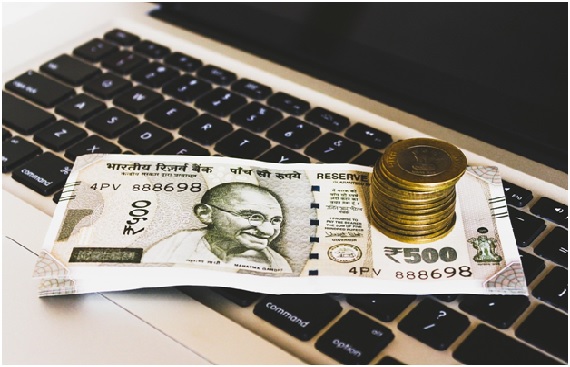Trading Forex in India Legally

Foreign currency exchange is a popular market in India, but it has certain specifics that make it a little harder to indulge in Forex than in other countries. Thus, it is crucial to understand how to purchase and sell currency pairs legally, so you are not faced with upsetting consequences.
In this article, we will explore how to access the forex market without legal road bumps, choose reliable brokers like FreshForex, and follow the guidelines of India’s financial institutions.
Specifics of Foreign Exchange in India
First, we must address the most important question: Forex trading is indeed legal in India. While some rules and regulations make it a little complicated to start, you can still become a currency investor there. You must remember that you can’t engage in trading that does not include the Indian rupee. Currency pairs you can use include:
- USD/INR;
- EUR/INR;
- GBP/INR;
- JPY/INR.
Every venture you pursue should be officially recognized by the relevant local exchanges, including the National Stock Exchange (NSE) and the Bombay Stock Exchange (BSE). Additionally, the law requires trading through brokers regulated by the Securities and Exchange Board of India (SEBI).
Choosing a SEBI-Registered Broker
Joining the forex market is not that hard in India. All you need is a high-quality, reliable, SEBI-authorized broker that will lead the way. As a professional company, it will provide you with a trading platform and assistance, ensuring compliance with the local laws along the way.
Some brokers you can choose from are Zerodha, ICICI Direct, HDFC Securities, Kotak Securities, and more. Then, you will also be ready to connect to FxCash and receive cashback for every trade, helping you gain even more income.
Completing the KYC Process
Just like any other financial service in India, your trading ventures will require a Know Your Customer verification. You have to provide the following documentation to prove your identity and open an account:
- PAN card;
- Aadhaar card;
- proof of address;
- bank account details;
- passport-sized photographs.
Depending on your strategy, some brokers will ask you for your income proof. Be ready to submit invoices and work agreements if needed.
Opening and Funding an Account
Your broker will then verify your documents. When that’s ready, your account will be opened and ready to fund. You can link your bank account – the one you provided earlier – to the trading account to fund it. Make sure that all transactions you make are in Indian rupees, otherwise, you will violate the law.
Ready to Trade
Your account is ready and funded, and you can invest in INR-based currency pairs! As you can see, forex trading in India is not hard, but you have to follow certain rules to be on the market legally.
Make sure that you are only trading with Rupees and cooperating with SEBI-regulated brokers. To avoid legal issues, do not open accounts with suspicious brokers that do not specify their regulatory bodies. Always stay on top of the local news in case anything changes, and your forex endeavors will be successful.
